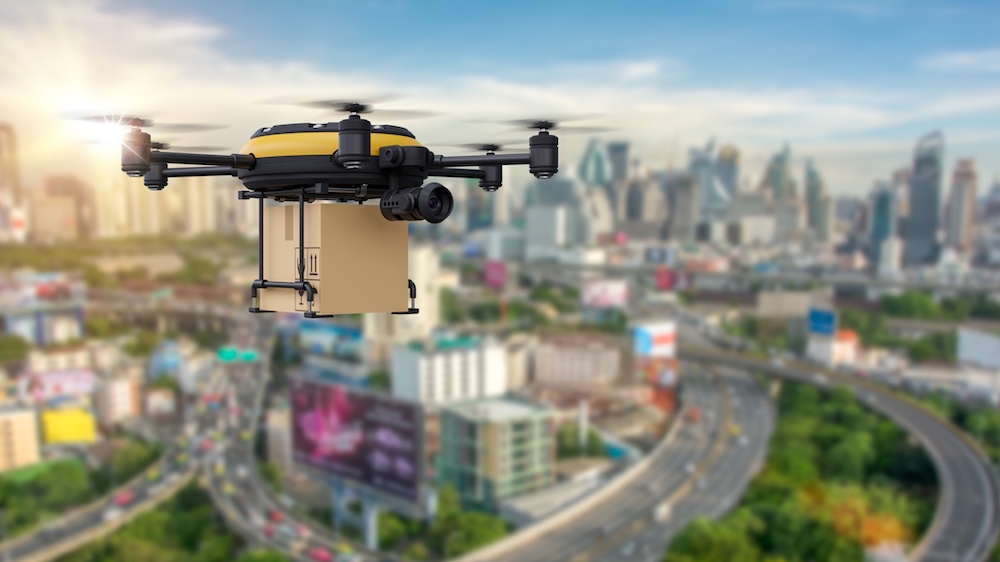If you’re interested in sharing your opinion on any cultural, political or personal topic, create an account here and check out our how-to post to learn more.
____
It's not the end of the world, but it's certainly the end of what we once knew as normal. There's a shift occurring and it's happening quickly. Adapting to the new norm is the only way to come out of this crisis with a level head. Everyone is feeling the impact of COVID-19 and in order to sustain the lifestyles we once enjoyed, major adjustments are necessary to survive.
The largest priority of everyone is their safety. With safety measures in place, such as shelter-in- place and social distancing, it’s forcing people to change the way they run their businesses and go about daily activities.
COVID-19 has had a profound impact on the way we operate as a society. In a digitally advanced era, it's taught us we have to take advantage of the tools we are equipped with and make it work. Executing a strategy that can prevail thru unforeseeable times is the one thing that matters at this point.
Even once some of us are able to resume going back to work, eating out, traveling, etc., some people will never go back to the lives they were used to. This is due to the fact that we are being forced to adapt to new social constructs that are effective in prevailing through a crisis. This is a time to look towards the future and create a plan. What we once were familiar with is a thing of the past.
Here are six reasons why I believe what we once knew as normal will never be the same again:
1. Remote Working Cuts Overhead
Large corporations understand now that they can survive the storm if they make a few changes. There's a saying that goes, "Why fix what's broken?" Companies are seeing the advantage of their employees working from home when it comes to conserving cash flow. They can still function as an operation but don't have to have a physical location to harbor employees. Cutting the overhead is a major factor for companies that are trying to stay afloat, and once this is all over, the new norm for many companies will be to have remote employees.
2. Digital Engagement
The show must go on. Regardless of not being able to physically engage with people, our cell phones, tablets and computers allow us to interact with others in a way that's safe and still follows the guidelines set in place by the government. The problem for many companies before has been how to reach a larger audience, and now is the perfect time to switch over virtually. If it’s frontline sales, personal training, education, food and beverage, etc., accessibility is key and virtual services are going to remain a way to financially sustain from here on out.
3. Contactless Services
Companies still want to remain open but their priority is safety. The employees' safety are certainly at the top of that list. In order to ensure business continues to eb and flow, the world of mobile services is going to become even more influential in the future. Government officials have already stated that COVID-19 could reappear in the future for a second fight. In order to make sure companies aren't being set back again, they will make sure they are prepared for any future mishaps.
Curbside pickups, delivery services and cashless purchases are already a thing for many companies, but moving forward, it will become a major part of the day-to-day for most businesses.
4. Powerhouse Mergers
The power of two forces is always better than one. Instead of trying to compete in a worldwide crisis, large corporations are going to see the power in numbers and especially the power in creating a new and improved way of operating. The middle man will eventually disappear as big companies will find ways to improve the impact of their brands. By merging with other companies or teaming up to provide a useful service that's both lucrative for them and beneficial to customers, it creates a sense of normalcy in an ever changing world.
5. Skills/Trades Over College
The roadmap in and out of college may look very outdated at this point. Companies aren't hiring and may not be hiring for quite some time. However, people who offer a service, product or skill that's beneficial to essential needs may be on the come up. Job closures, lay-offs, school closures and furloughs have allotted people with plenty of time on their hands. Having a skill or trade has always proven to be useful and can lead to good paying jobs, entrepreneurship or side gigs.
6. Drones, Robots And Technology Replacing Jobs
Technology is changing the way we view what's essential and non-essential. Drones are already heavily used in agriculture to monitor farmland and herd cattle. They have already been deemed resourceful. Drones and robots are likely to be implemented in industries such as policing and firefighting. They'll be used to help human officers with search and rescue operations.
China has already taken the leap to implement A.I. (artificial intelligence) to help limit person-to-person contact, and monitor the virus and its impact in their society. Many European fast food restaurants already use kiosk methods to purchase food, cutting huge costs for companies when it comes to having employees they have to pay. More countries will begin to implement these same metrics in order to conserve money and make the necessary changes to sustain.
